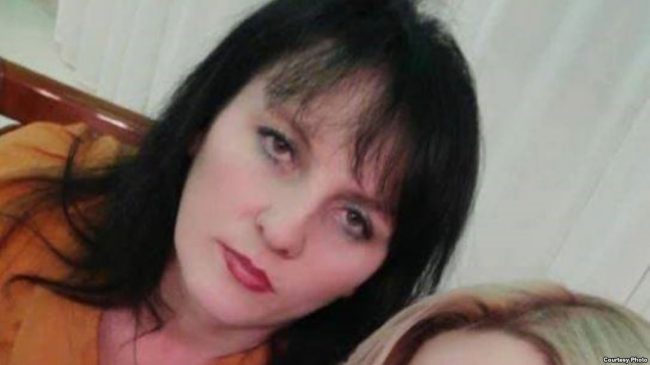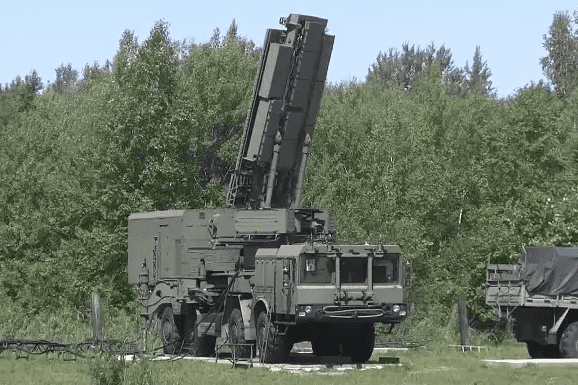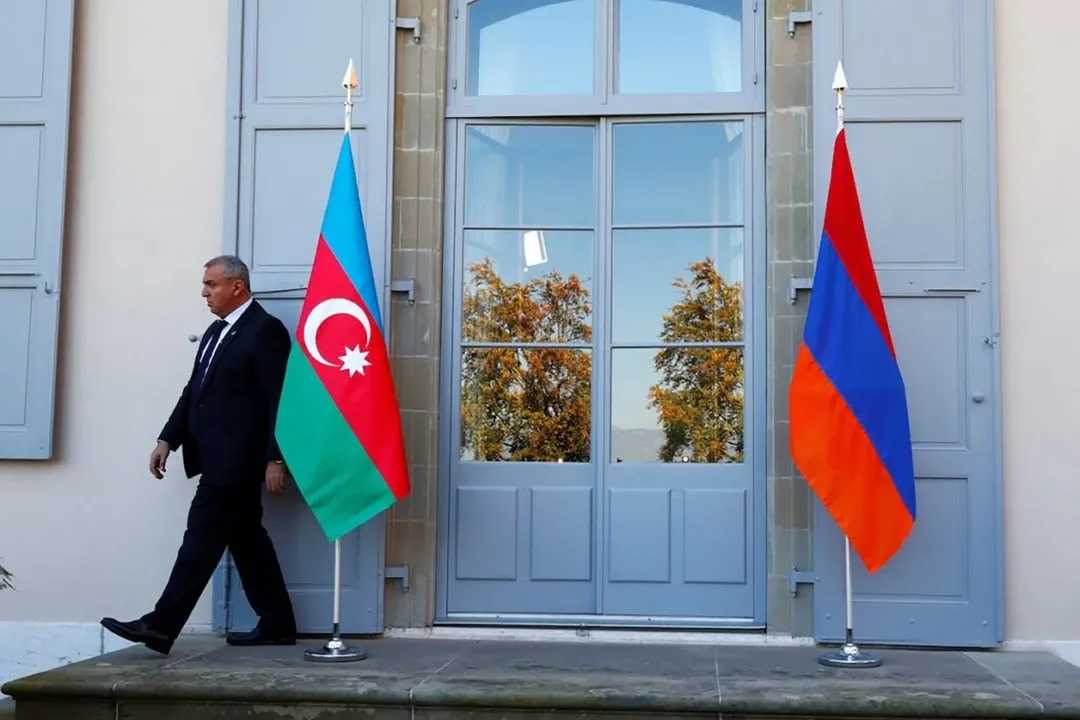


A Georgian national has been remanded in custody for two months in South Ossetia accused of helping people ‘illegally cross the border’ in exchange for money, South Ossetia’s State Security Committee (KGB) has reported.
Maia Otinashvili, 37, was detained on 29 September near her home in Khurvaleti, a village in Gori Municipality under Georgian control.
Her mother says Otinashvili was on her own land when ‘Russian soldiers came and took her’. She also said her daughter had been beaten.
Georgian officials have demanded Otinashvili’s immediate release.
On Thursday, Georgia’s State Security Service told OC Media that based on information received from South Ossetia’s representative for Post-Conflict Settlement Yegor Kochiyev through the European Union Monitoring Mission’s hotline, Otinashvili was given only ten days in detention — not two months.
OC Media has reached out to South Ossetia’s KGB to confirm the length of the detention.
Georgian nationals are frequently detained by South Ossetian authorities for ‘illegal border-crossing’, but are usually released soon after paying a fine.
Otinashvili’s mother, Galina Kelekhsayeva, told RFE/RL’s Georgian Service Radio Tavisupleba that the charges against her daughter were absurd given that for a long time people have been coming to the Georgian-controlled territories for registration and pensions.
On Wednesday, she said one of the soldiers detaining Otinashvili beat her after she resisted them.
She accused the South Ossetian authorities of delaying her daughter’s release in order to hide the traces of violence, and said she fears they will mistreat her further in custody.
Georgia’s State Minister for Reconciliation and Civic Equality, Ketevan Tsikhelashvili, visited Khurvaleti after the incident and said that Red Cross International Committee and EUMM have been alerted and are in contact with Otinashvili’s family.
‘Our main interest is her release’, said Tsikhelashvili, stressing that the Georgian Government had already began using all the tools at its disposal to secure her release.
EMPATHY, a Georgian non-profit group that provides assistance to victims of torture, called on the government to ‘take adequate measures with the inclusion of the international community to secure Otinashvili’s immediate release’.
They also called on the government to ‘design a systematic approach regarding security along the occupation line together with international and local organisations’.
On Wednesday, Georgian Prime Minister Mamuka Bakhtadze said the government had ‘preventive mechanisms which are very often quite effective’, including the reconciliation ministry and ‘most importantly’, the European Union Monitoring Mission (EUMM).
‘We hope our citizen will be returned to her children and family in the nearest hours. This is a very serious case. We have mobilised all of our resources, including the international community, in order to return our citizen back home as soon as possible’.
On 1 October, EUMM marked its 10th year of deployment in Georgia. According to their website, the mission has conducted over 65,000 patrols on during these years.
‘Over the years, EUMM has ensured effective information sharing and de-escalated tensions between the parties on numerous occasions, including through handling some 8,000 calls on its Hotline’, their website says.
The European Union recently extended the mission’s mandate for a further two years, until December 2020.
Detentions
According to reports from the Georgian State Security Service, there were 329 cases of ‘illegal detentions’ by South Ossetian authorities for ‘illegal border crossing’ in the past three years.
‘Restrictions on granting “residence permits” to ethnic Georgians residing on the occupied territories, partial prohibition of education in their mother tongue in Georgian schools located in occupied Gali District [in Abkhazia] and Tskhinvali Region [South Ossetia], and deliberate demolition of houses in Tskhinvali Region owned by Georgian IDPs […] in 2017 — should be considered a gross violation of fundamental human rights and a continuation of discriminatory policy’, the Security Service’s 2017 report says.
For ease of reading, we choose not to use qualifiers such as ‘de facto’, ‘unrecognised’, or ‘partially recognised’ when discussing institutions or political positions within Abkhazia, Nagorno-Karabakh, and South Ossetia. This does not imply a position on their status.
The article was amended on 4 October.









